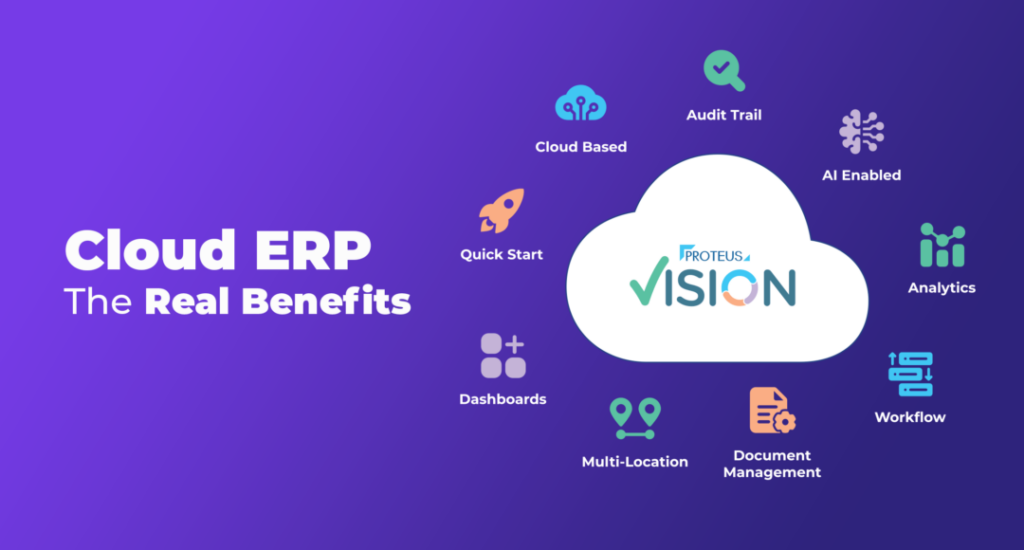
We are all familiar with the typical benefits that any Cloud or SaaS solution offers, Low upfront investments, always upgraded solution, short startup times, no tech skills required, enterprise class security, anywhere any time accessibility and scalability.
But the real benefits from a cloud ERP comes from the ability to provide collaboration and integration with various stakeholders, including customers, vendors,service providers and other best in class applications.
Companies running their business on a “stand alone” system have to rely on customizations or wait for vendors to develop new features for their systems, losing out on opportunities and incurring huge costs at the same time. Businesses do not have the luxury to wait and start using new systems independently without leveraging the benefits of integrating with the core ERP system and invariably have to deal with the pains associated with disparate systems.
The fact of the matter is that no single vendor can provide a “right fit ” for all their non ERP business requirements. Most of us need choices, whether it be a CRM solution, a planning solution or a solution that integrates with manufacturing, learning solutions, document management etc.
Cloud ERP vendors understand this and focus on core business processes while providing integration with other service providers. To the end user it provides a seamless platform where there is a common data visibility and business processes can be automated between the two solutions.
In addition to integrating with other business systems, cloud-based ERP systems also offer integration with marketplaces.
This means that businesses can connect their ERP system with various marketplaces like logistics platforms that provide warehousing and freight rates, financial platforms – that not only integrate your banking but also provide online payment gateways to link to marketplaces to sell your products and services.
By connecting with their ecosystem in real-time, businesses can stay ahead of the competition and provide better service to their customers.
It is impossible to incorporate the infrastructure required for AI on your stand alone system, the costs become prohibitive. Cloud ERPs can build AI capabilities leveraging the cloud infrastructure and share the same infrastructure with all the users.
There are already a number of use cases where AI can be used in an ERP, for instance read unstructured documents, emails using AI and convert them to Sales orders, Expenses, GRN in the ERP and convert documents that are provided by your customers, vendors or statutory bodies. Flag transactions which seem irregular by nature,detect fraud or suspicious transaction, increase planning accuracy using AI, continuous auditing, realtime evaluation of your business partners and Ai driven business analytics and Insights
In conclusion, while selecting an ERP solution it is essential that one checks out the integration capabilities of the cloud ERP platform, as collaboration and integration will be essential for businesses to stay ahead in a fast-paced business environment.